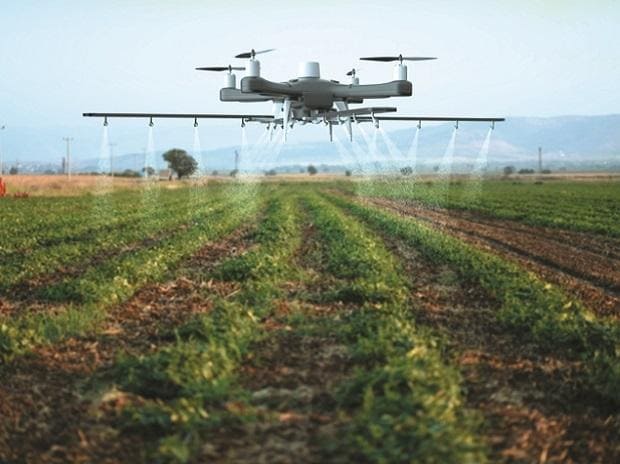[ad_1]
The upcoming Union Budget for 2023-24 may allocate funds for providing low interest loans and tax incentives to encourage startups in the agricultural sector, the Economic Times reported.
The Centre is likely to support startups in the field of artificial intelligence (AI), machine learning (ML), remote sensing, big data, block chain, internet of things (IoT), Geographic Information System (GIS) technology, drones and robots to revamp India’s agricultural sector.
The idea behind supporting agritech startups in India is to make the agriculture sector more durable along with supporting small farmers and encouraging best practices through raising awareness and applying latest technologies in farming, the report said.
The Central government will focus on making policies to incentivise building facilities like micro cold storage to solve supply chain problems like infrastructure for storage, logistics, issue of wastage, said the report quoting a govt official.
This move will be another step by the Centre to push for agriculture modernization to improve yield, quality, efficiency and profitability.
This policy push comes at a time when the Centre has already funded nearly 800 startups with Rs 118.65 crore via its Innovation and Agri-entrepreneurship Development Programme under the Rashtriya Krishi Vikas Yojana (RKVY).
The 800 startups have been funded to promote innovation and application of artificial intelligence (AI), internet of things (IoT), information and communication technology (ICT) and blockchain technology in the agriculture sector
The government has so far invested around Rs 6.25 crores in 66 agritech startups to increase consumption of millet in the country, the Agriculture Minister Narendra Singh Tomar said on November 24. He also said that 25 more startups have also been approved for further funding to support sustainable production, create awareness for higher consumption, develop market and value chain and facilitate research.
[ad_2]


